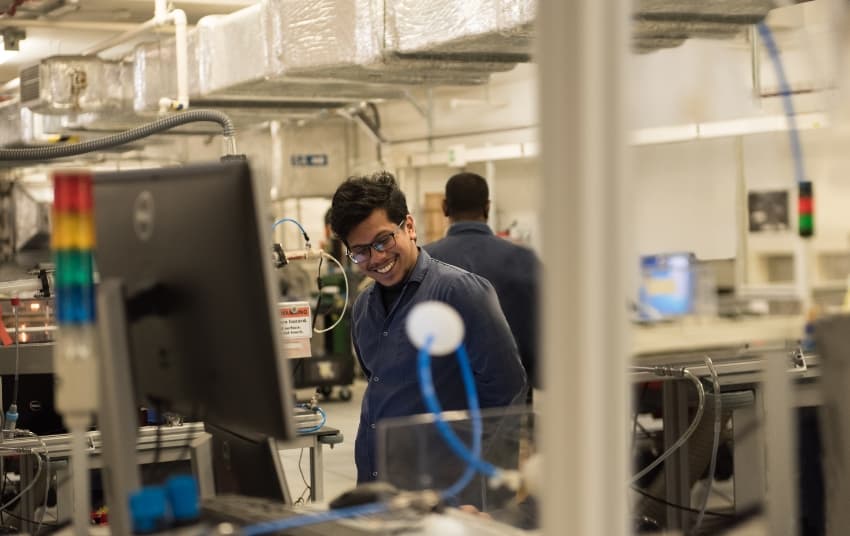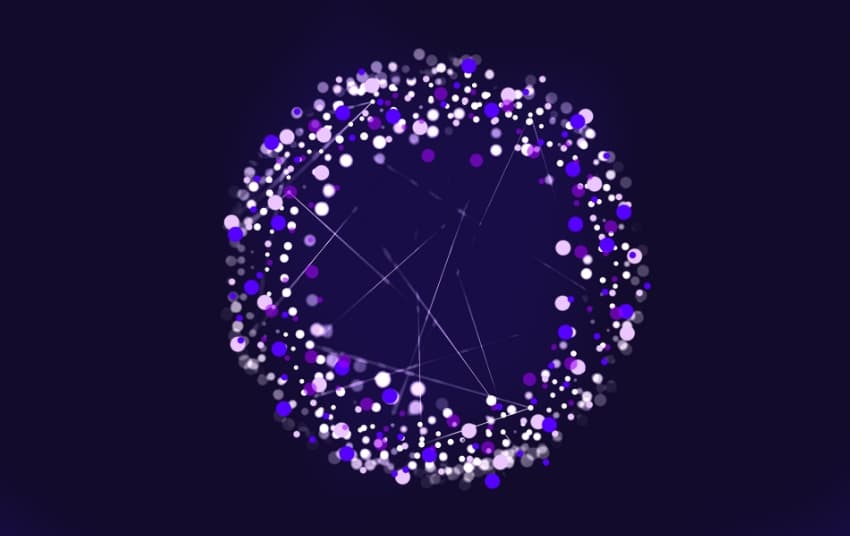Science can be an extremely challenging field. It involves work experimentation that can take mere seconds all the way to entire lifetimes. It’s performed by dedicated and exceptionally skilled scientists. Even so, the process can be intricate. Some of the complications facing scientists today include the need to develop their own assessment methods, lacking key information about how published research was conducted, and above all, inadequate sharing of data with the wider scientific community.
INTERVALS is an initiative started by PMI with the goal of addressing some of these issues. It is a public scientific information hub where third-party scientists from academia and industry are invited to publish their research alongside that of PMI’s.
We initiated the creation of INTERVALS to build an online platform enabling independent scientific collaboration and data analysis by proactively sharing protocols, tools and data from assessment studies. The aim is to transparently share the work of researchers on the scientific assessment of products positioned in the interval between continuous cigarette smoking and smoking cessation. We hope that this will simplify and encourage an impartial examination of evidence.





